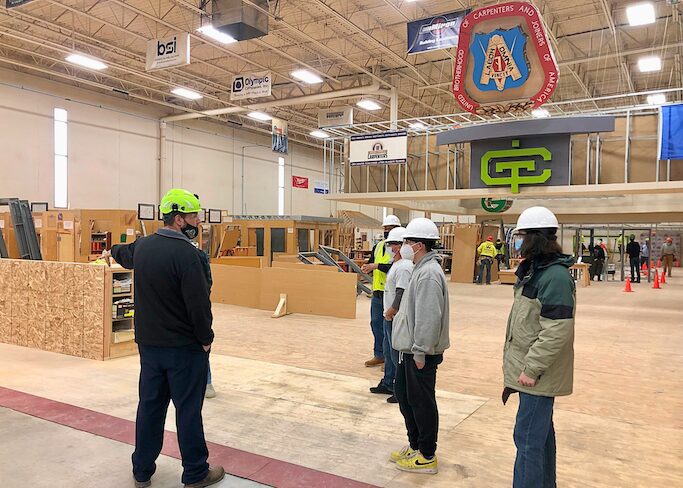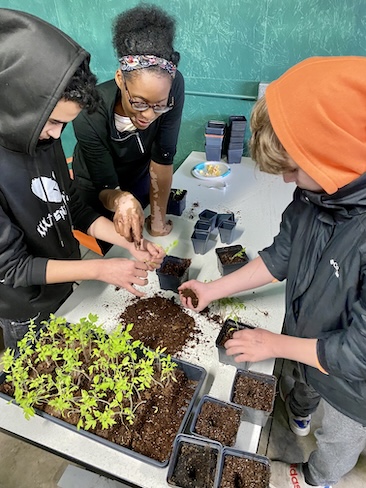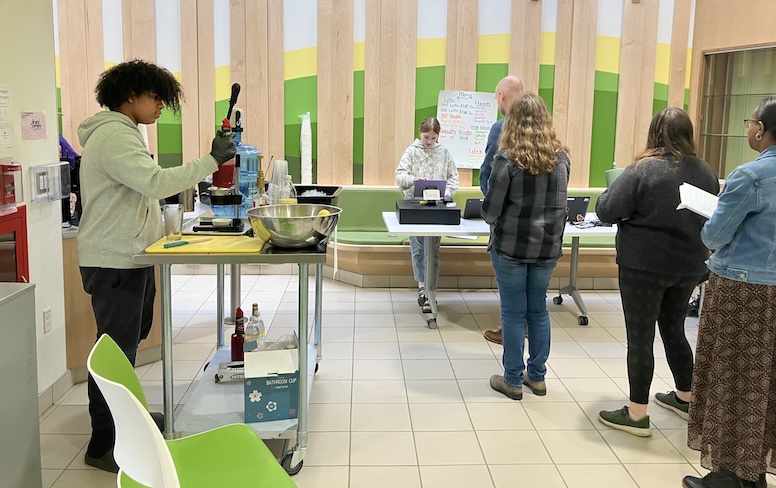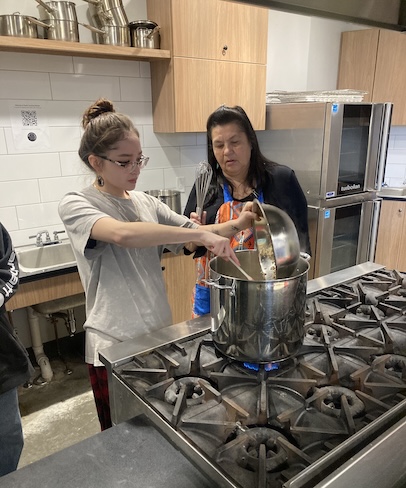Learning Differences
Expanding Circles of Change: From Individual Healing to Community Transformation




Learner-Centered Education and Learning Differences
Learning differences are a natural part of human diversity. Learner-centered education—an approach that starts with each young person’s strengths, needs, and interests—creates environments where learners can thrive.
For young people with learning differences in particular, learner-centered education provides the guidance and conditions for their strengths to emerge and develop through responsive, community-connected learning.
To understand how this manifests in practice, we conducted a collaborative multi-case study, drawing on the collective expertise of learner-centered professionals serving as co-researchers in a community of inquiry. Together, we examined the approaches of three learner-centered environments: Avalon School, LaFayette Big Picture School, and Norris School District.
With funding provided in part by Oak Foundation, this series highlights evidence-based insights and strategies to show how learner-centered environments systematically support youth with learning differences and create expanding circles of positive transformation.
- Research Overview
- Research Overview: A Collaborative Multi-Case Study of Learner-Centered Education and Learning Differences describes our collaborative multi-case study, detailing the research methodology, the three participating sites, and the preliminary findings from the investigation. READ MORE
- Navigating Policies and Conditions
- Navigating Policies and Conditions: Supporting Youth with Learning Differences in Learner-Centered Environments investigates how policies and conditions affect the studied environments, examining how these sites navigate constraints and leverage flexibility to serve youth with learning differences. READ MORE
- Addressing Specific Learning Differences
- Addressing Specific Learning Differences Through Learner-Centered Education: Evidence from Practice and Literature examines how the participating sites address specific types of learning differences (e.g., ADHD, dyslexia, autism) and aligns findings with scholarly research on evidence-based approaches. READ MORE
- Coming Soon!
- We’re excited to share even more research about how learner-centered environments engage young people with learning differences in early 2026! Sign up for our email list or check back here to stay in the loop.
Resources
When Accommodations Are the Norm, Not the Exception
When accommodations are embedded into a system, not just bolted on, young people find themselves in a space where they can truly thrive. In this article, Lindsy Ogawa explores how learner-centered environments are reimagining structures, supports, and mindsets to affirm and empower every learner, not just those who fit the mold.
Reimagining Support for Learning Differences: What Parents Find in Learner-Centered Environments
In an article for Youth Today, Dr. Khara Schonfeld-Karan highlights how learner-centered environments are successfully serving young people with learning differences. She shares insights ranging from invisible accommodations to building self-advocacy from day one, revealing how intentional design empowers all learners to succeed.
Educating All Learners Alliance (EALA) Podcast: Needs to Strengths Series
This four-part series digs into our learning differences work as Aurora Dreger interviews practitioners and researchers, including Kim Carter (QED Foundation), Johnna Noll (Norris School District), Lela Bell Wesley (Big Thought), and Lindsy Ogawa (Education Reimagined).